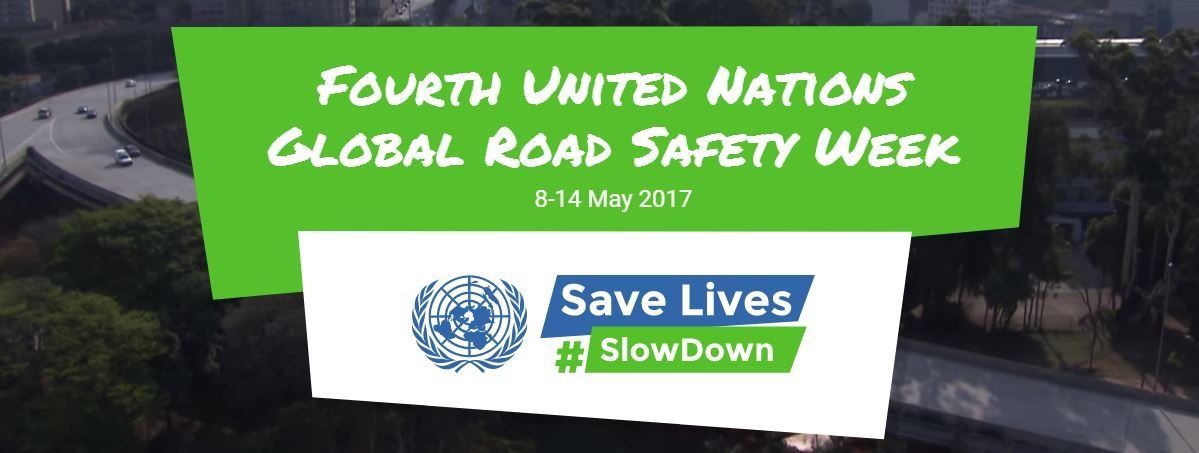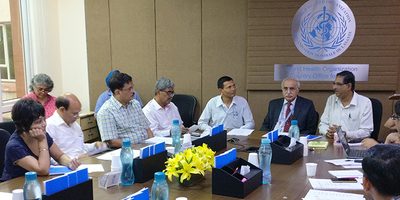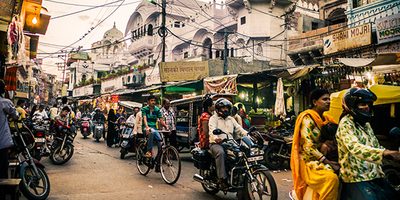
Celebrating the 4th UN Global Road Safety Week to 'save lives, slow down'
World Health Organization (WHO), released Managing speed, a new report, to coincide with the United Nations Road Safety Week. The report suggests that excessive or inappropriate speed contributes to one in every three road traffic fatalities worldwide. Let us support the call to “slow down, save lives”, by spreading awareness and taking measures to address road injuries resulting from speeding.
According to global data, around 1.25 million people die every year on the world’s roads. Studies indicate that typically 40-50% of drivers go over posted speed limits. Drivers who are male, young and under the influence of alcohol are more likely to be involved in speed-related crashes. Road traffic crashes remain the number one cause of death among young people aged 15–29 years. They are estimated to cost countries from 3-5% of GDP and push many families into poverty.
The situation in India is no different, According to police data from 2015, 43.7 % of the total road crashes were due to over- speeding which caused 60,969 deaths and 2,12,815 persons injured.
The George Institute for Global Health India conducted a study of 2200 people in three hospitals in North India in collaboration with PGI, Chandigarh highlighting the health, social and economic burden of road injuries. It was revealed that 10% of people die post- discharge and that more than a third of the family’s experienced financial distress due to injuries. It is the young economically productive age group that is highest at risk, 15-29 year olds and it is estimated that the total cost of road injuries is 3% of India’s GDP, which is more than our entire health budget.
“The UNRSW theme this year is speed and the numbers above tell us exactly why the focus needs to be #SlowDown.
Between 50 km/hr to 80 km/hr the chances of death in case of a crash are increased from 20 to 60%. Doing the maths over 40 000 lives could have been saved in India in 2015 by just slowing down,” says Dr. Jagnoor Jagnoor, Head of our Injury Division
WHO Director-General, Dr Margaret Chan says that,“Speed is at the core of the global road traffic injury problem. If countries were to address just this key risk, they would soon reap the rewards of safer roads, both in terms of lives saved and increases in walking and cycling, with profound and lasting effects on health.”
Speed management measures include:
- building or modifying roads to include features that calm traffic, such as roundabouts and speed bumps;
- establishing speed limits appropriate to the function of each road;
- enforcing speed limits through the use of manual and automated controls;
- installing in-vehicle technologies in new cars, such as intelligent speed assistance and autonomous emergency braking;
- raising awareness about the dangers of speed.
Dr. Jagnoor summarises that ,"there are 4E’s to road safety – education, engineering, enforcement and emergency medical services.
Join us this week to raise awareness to save lives and #SlowDown and follow us on twitter @GeorgeInstIN




